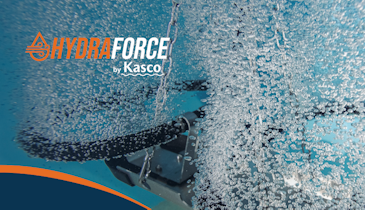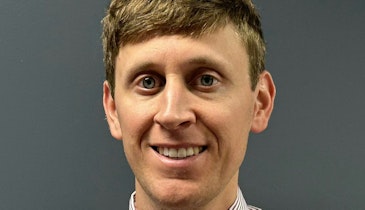
Plant operators are integral to the education program at Narragansett Bay Commission (NBC) in Rhode Island on multiple levels — and one became the star of the show.
“One of the elementary classes was so impressed by the work of one of our operators, Joe LaPlante, that they wrote a...







